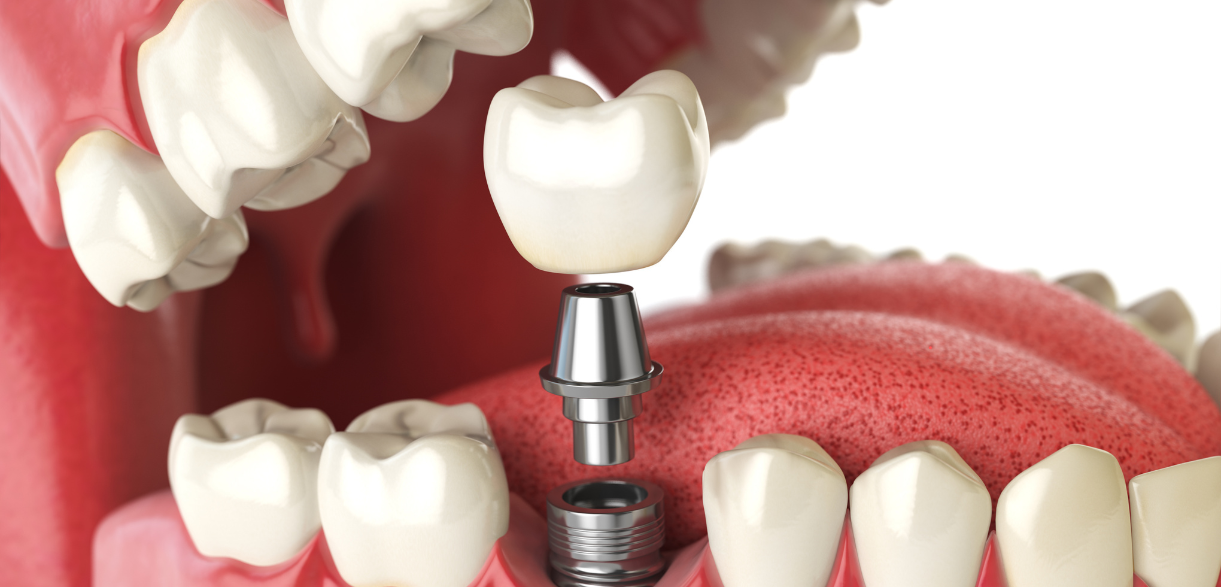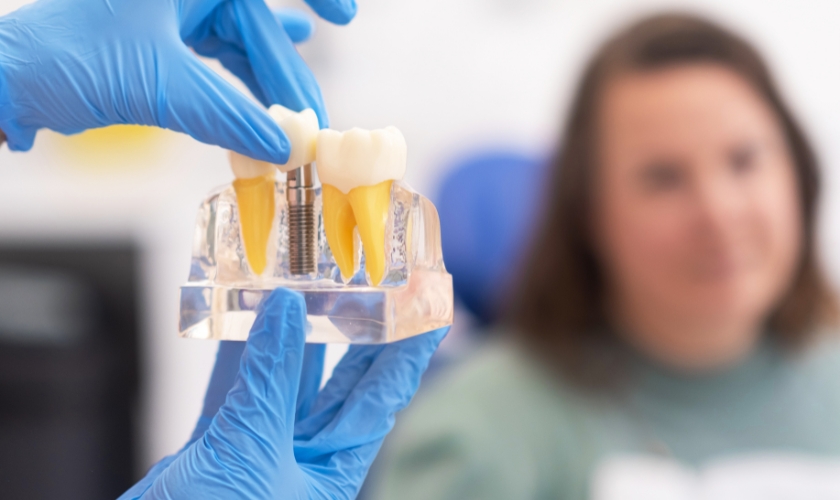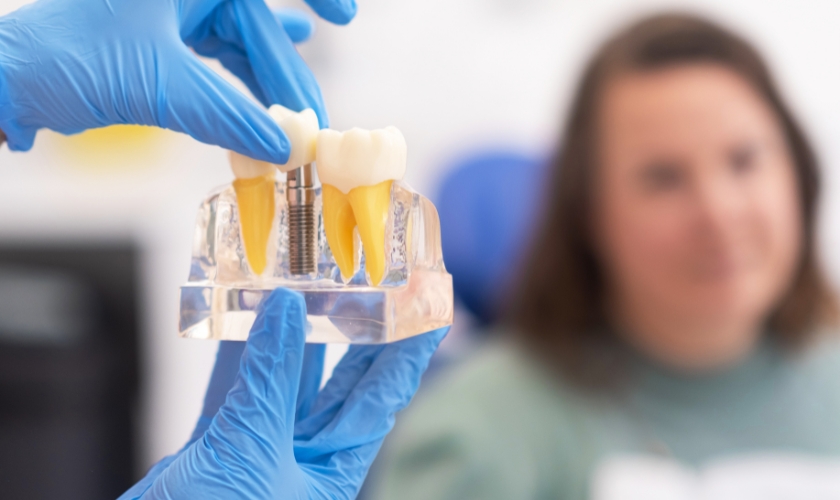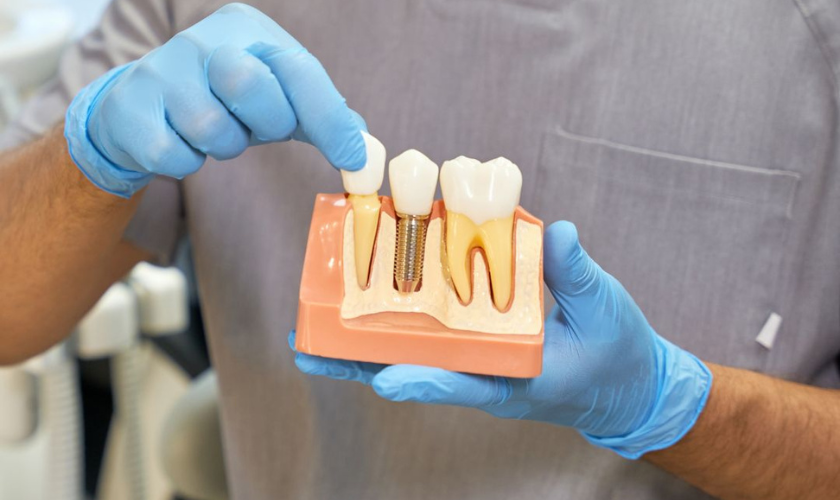
Bruxism, or teeth grinding, is a common condition that affects many people. It occurs when individuals unknowingly grind or clench their teeth, often during sleep. While bruxism can cause discomfort and damage to natural teeth, many wonder if it is a barrier to dental implants. Dental implants are a popular solution for replacing missing or damaged teeth, offering a permanent and functional alternative to dentures or bridges. In this article, we’ll explore how bruxism may affect dental implant placement and what you can do to address this issue.
Understanding Bruxism and Its Effects on Teeth
Bruxism can cause significant damage to both natural teeth and dental restorations. The force exerted during grinding can lead to worn enamel, cracked teeth, and jaw pain. Over time, this can contribute to tooth loss. When teeth are lost, dental implants become an attractive option for restoration. However, the impact of bruxism on the success of dental implants in St. Charles is an important consideration.
How Bruxism Affects Dental Implants
Bruxism can affect dental implants in several ways. The primary concern is the excessive pressure on the implants during grinding or clenching. Dental implants are designed to mimic natural tooth roots, providing a stable foundation for artificial teeth. However, continuous grinding or clenching can cause the implants to shift, loosen, or fail over time.
The force generated by bruxism is much stronger than the pressure typically exerted during normal chewing. If not adequately managed, this pressure can stress the bone surrounding the implant, causing bone loss or implant failure. For these reasons, addressing bruxism before dental implant surgery is crucial.
Can You Get Dental Implants if You Have Bruxism?
The short answer is yes—bruxism doesn’t automatically rule out dental implants. However, it does require careful planning and management. If you suffer from bruxism, discussing this with your dentist or oral surgeon before dental implant surgery is essential. Your dentist may recommend specific treatments or precautions to ensure the success of your implants.
Steps to Manage Bruxism Before Getting Dental Implants
- Wear a Night Guard: A custom-made night guard is one of the most effective ways to protect your implants and natural teeth from bruxism. This device cushions your teeth and helps reduce the pressure exerted during grinding or clenching. Dentists often prescribe night guards to prevent further damage and protect dental restorations, including implants.
- Address the Root Cause: In some cases, bruxism is linked to stress or anxiety. If so, your dentist may recommend stress-reducing techniques or lifestyle changes. Relaxation exercises, therapy, or medications help manage bruxism-related behaviors and reduce the likelihood of damage to your dental implants.
- Adjust the Implant Treatment Plan: If you have bruxism, your dentist may adjust your treatment plan. For example, they may recommend using more durable implant materials or making adjustments to the design of the implant. These steps can help ensure the implants withstand the pressure exerted during grinding.
- Regular Checkups: After receiving dental implants, keeping up with regular dental checkups is essential. Your dentist will monitor your implants’ condition and ensure no excessive wear or damage is occurring. This proactive approach will help catch any issues early and ensure the long-term success of your implants.
The Importance of Early Intervention
Managing bruxism before receiving dental implants is essential for the procedure’s success. Early intervention can help prevent potential complications and ensure your dental implants remain secure and functional. It’s critical to address the underlying cause of bruxism and take the necessary precautions to protect your new implants.
The Role of a Dentist
When considering dental implants, working with an experienced dentist is crucial. A skilled dentist can assess the impact of bruxism on your oral health and provide tailored solutions to manage the condition. They can also advise on the best implant materials and techniques to ensure your implants last years.
Managing Bruxism for Successful Dental Implants
While bruxism can pose challenges when getting dental implants, it is not an insurmountable barrier. By addressing bruxism before implant surgery, you can reduce the risks associated with teeth grinding and ensure the long-term success of your implants. Wear a night guard, manage stress, and follow your dentist’s recommendations to protect your dental health. With the right approach, dental implants can still be an effective and lasting solution for replacing missing teeth, even for individuals with bruxism.
Always consult your dentist to develop a treatment plan that ensures the best possible results for your smile.




